Fermented veggies are hip, healthy, and single-handedly made Mason jars cool again. We love fermentation because it’s a great way to preserve our produce all winter long. That said, we know that fermentation can seem confusing and difficult if you’ve never done it before, so we’re answering some of the most commonly asked questions about fermenting vegetables.
Why would you want to ferment something anyway?
Fermentation has been used as a way preserve food for thousands of years. Some of our favorite delicacies like yogurt, salami, cheese kimchi, and bread got their start as a way to make ingredients better and make them last through fermentation (not to mention beverages like beer and wine!). Fermentation is truly magical because, with a little bit of salt, some friendly bacteria, and time, you can transform any freshly picked vegetable into a flavorful and healthy ingredient that can last for months.
What vegetables can you ferment?
While we love making sauerkraut and kimchi, you can ferment many vegetables in your Imperfect box besides just cabbage. Carrots, radishes, and chiles are all excellent fermented too!
Why is fermenting so trendy?
Fermenting food is experiencing a Renaissance because of the growing interest in the health benefits of probiotic bacteria. Put more simply, eating fermented foods is a great way to encourage healthy digestion. This is because, in addition to providing lots of dietary fiber, fermenting vegetables like cabbages actually makes them easier to digest and more nutritious.
Is fermenting vegetables safe?
Yes! By salting your vegetables and storing them in an airtight environment, you encourage good bacteria to move in, which prevents bad bacteria from being able to grow. As long as you add enough salt and use a trusty airlock (which is a lot simpler and less space-age than it sounds– we promise!) you and your veggies will be fine.
What do I need to start fermenting?
Fermenting food doesn’t require a lot of fancy equipment. All you need are some sealable jars (like Mason jars) and a lid that keeps the air (aka an airlock). We love the gear from Krautsource and Masontops but we encourage you to do a quick search and find the set that works best for your budget and kitchen needs!
Where can I read more about fermentation?
Our two favorite books on home fermentation are Fermented Vegetables for how easy to use it is and Sandor Ellix Katz’s definitive The Art of Fermentation for how thorough it is. Check them out and have fun fermenting!
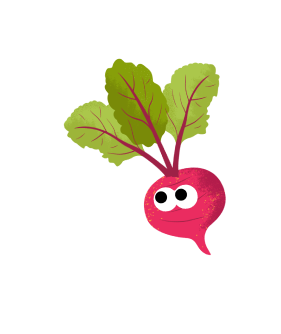
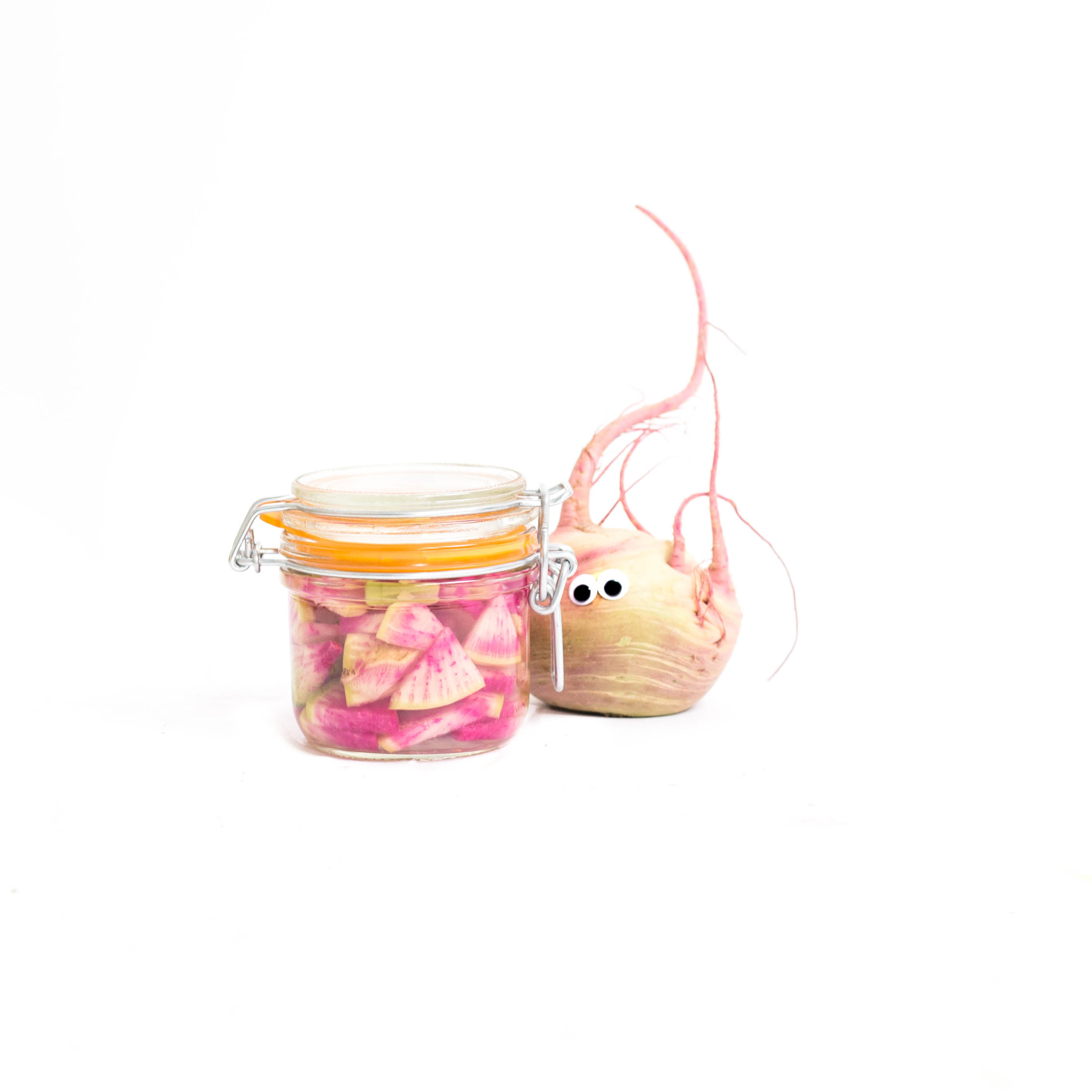


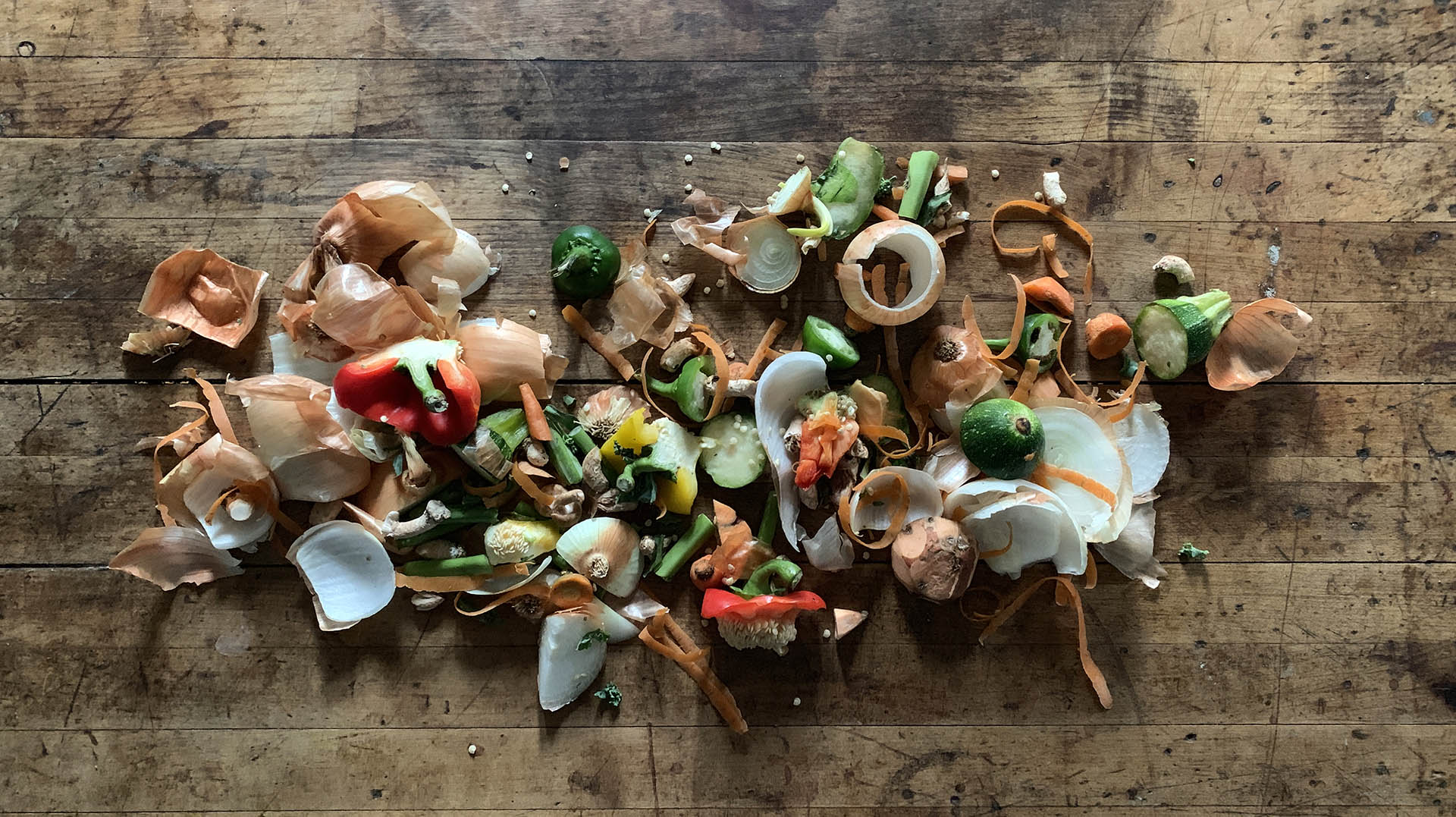
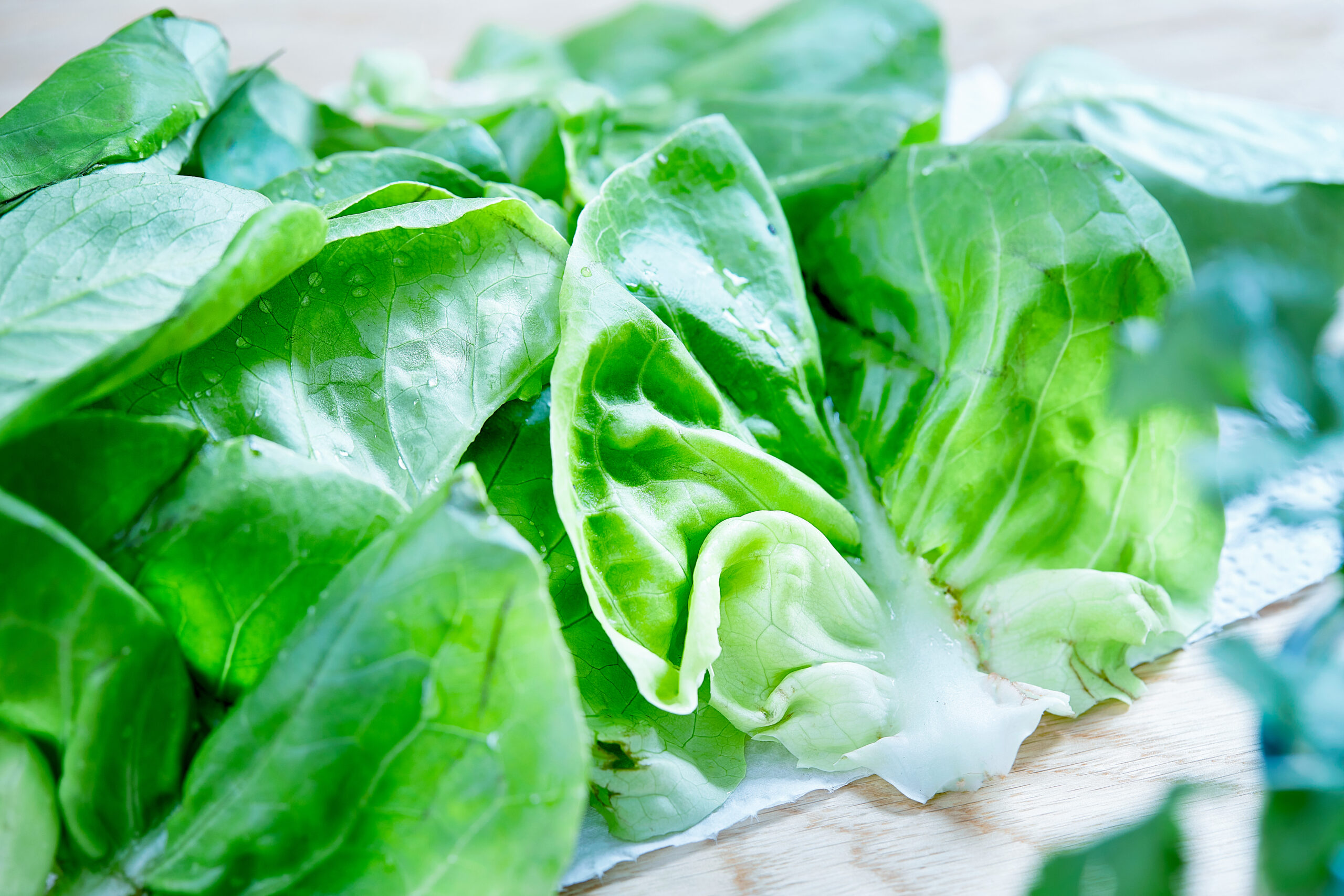
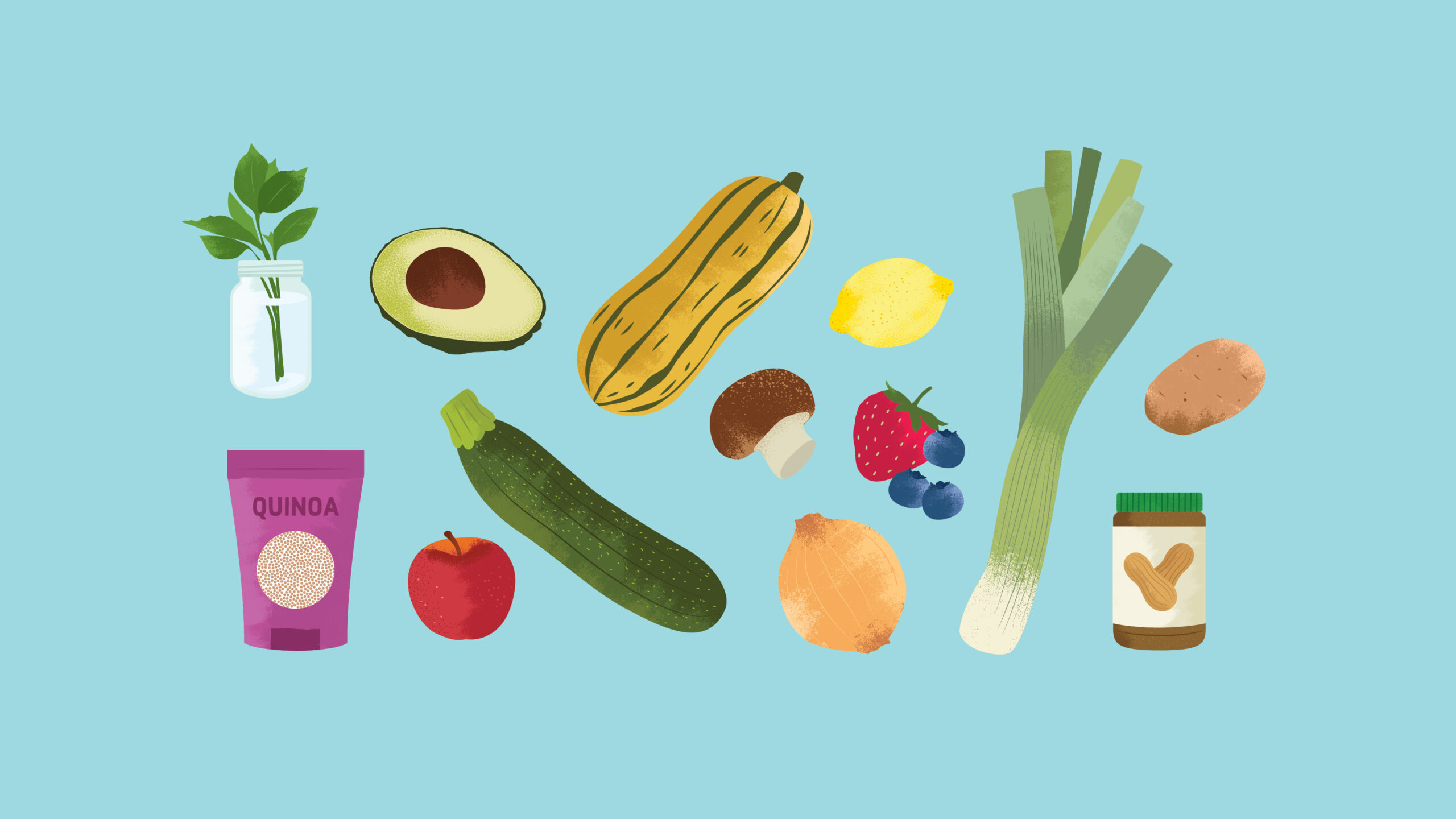

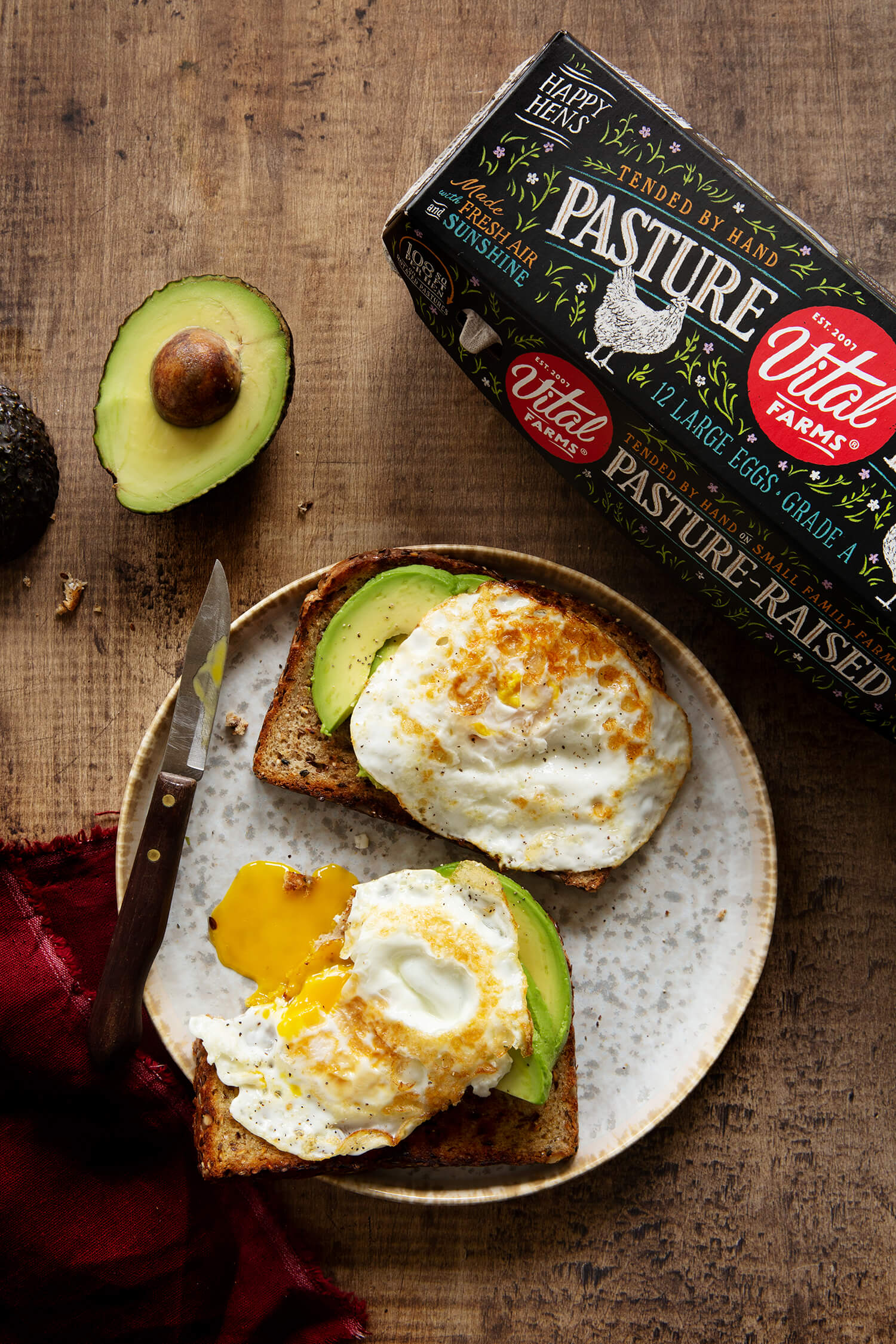

That’s so cool! It’s a lot of fun. You’re totally right that gut flora is really important for our general health and happiness. It gives a whole new meaning to the phrase "you are what you eat." Thanks for reading and joining in the discussion! 🙂
I make kombucha at home and also ferment veggies from time to time :). Some folks may not know this, but a huge portion of our immune system actually resides in our gut, that’s why it’s important to keep it healthy. Probiotics, like fermented foods, definitely help with that :).